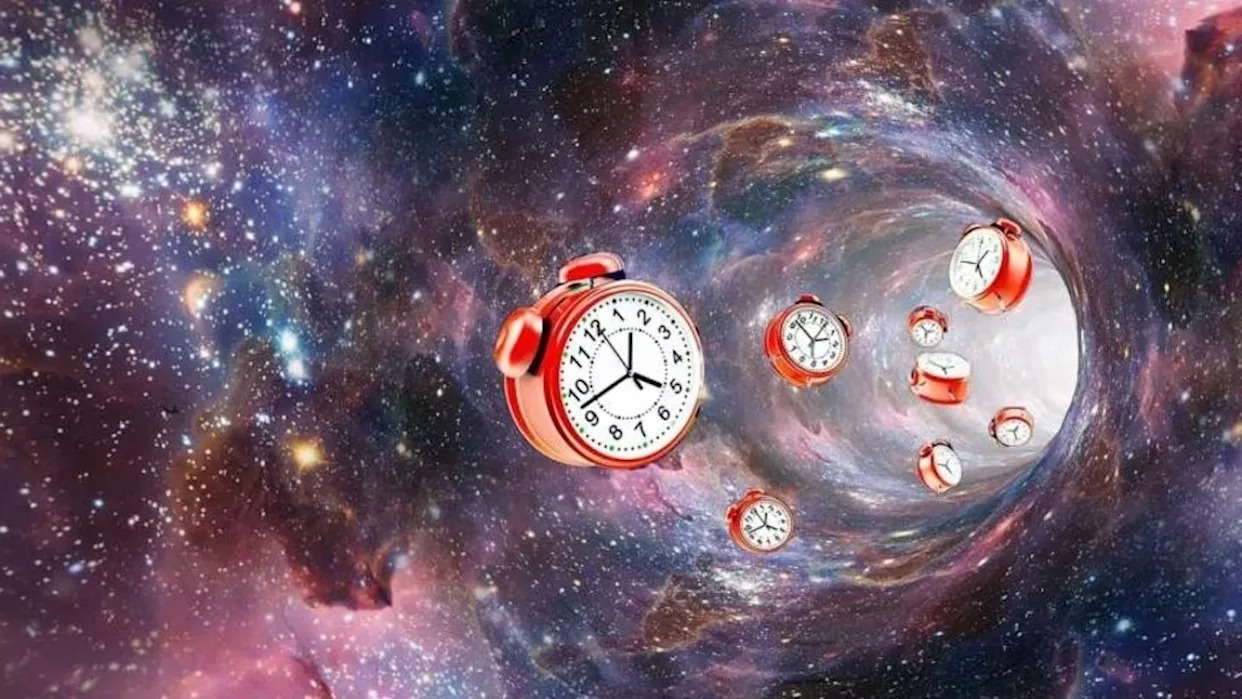Curiosity about time travel continues to ignite the imagination of many, prompting questions about its scientific feasibility. Adi Foord, an astrophysicist at the University of Maryland, Baltimore County, delves into whether the notion of traveling through time is merely a captivating concept from science fiction or could potentially be grounded in scientific reality.
The idea of moving between different points in time has fascinated humans for centuries. In popular culture, characters often utilize advanced technology or magical devices to traverse time, but the scientific underpinning of such travel remains complex and largely unresolved. The persistent question about the reversibility of time is a significant hurdle in understanding this phenomenon.
The Laws of Thermodynamics and Time’s Forward Motion
The second law of thermodynamics posits that systems tend to evolve towards disorder, indicating that once events occur, they cannot be reversed. This is akin to the impossibility of unscrambling an egg once it has been cooked. In this context, the universe is perceived as a one-way street; time flows forward, and returning to a previous state may not be feasible.
Yet, Albert Einstein‘s theory of special relativity introduces the concept that time is not a constant. For instance, an individual traveling in a spacecraft at speeds approaching the speed of light—approximately 671 million miles per hour—would experience time differently than someone on Earth. This principle has practical implications, as astronauts like Scott Kelly have shown that time dilation can result in measurable differences in aging. After spending 520 days on the International Space Station, Scott is now 6 minutes and 5 milliseconds younger than his twin, Mark Kelly, who remained on Earth.
Exploring Theoretical Concepts: Wormholes and Paradoxes
Theoretical physicists are also investigating concepts like wormholes, which are hypothetical tunnels in spacetime that could potentially allow for shortcuts across vast distances. If one could construct a wormhole and move one end at relativistic speeds, it might create a scenario where exiting the stationary end could result in arriving in the past. Despite these tantalizing possibilities, no evidence of wormholes currently exists, and significant challenges remain in sending humans through such a structure.
The concept of time travel is further complicated by various paradoxes. One notable example is the “grandfather paradox,” which raises the question of what happens if a time traveler were to prevent their grandparents from meeting—effectively negating their own existence. This paradox highlights the intricate dilemmas that accompany discussions about temporal movement.
The late physicist Stephen Hawking famously attempted to test the possibility of time travel in a novel manner. He hosted a dinner party with invitations sent out after the event had occurred, with the hope that individuals from the future would attend. His conclusion, as he humorously noted, was that “the best evidence we have that time travel is not possible, and never will be, is that we have not been invaded by hordes of tourists from the future.”
Interestingly, while humans may not possess time machines like those depicted in films, astrophysicists effectively engage in a form of time travel through advanced telescopes. By observing celestial bodies, they look into the past, as the light from stars and galaxies takes time to reach Earth. The newly launched James Webb Space Telescope is currently exploring galaxies that formed shortly after the Big Bang, around 13.7 billion years ago. This observational capability allows researchers to gather insights about the universe’s early stages.
In summary, while the dream of time travel remains largely within the realm of fiction, scientific exploration continues to unravel the mysteries of time. As researchers like Foord push the boundaries of our understanding, the concept of time travel remains a compelling topic for both scientists and enthusiasts alike. The journey into these scientific inquiries is ongoing, inviting further questions about the fundamental nature of time and existence.





































































